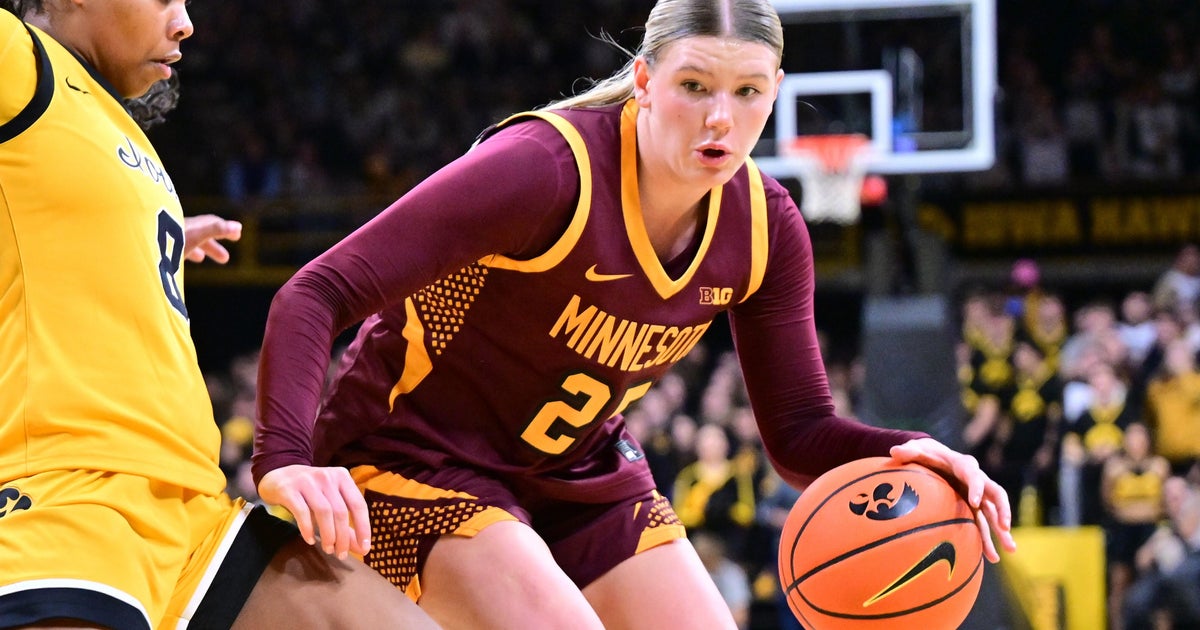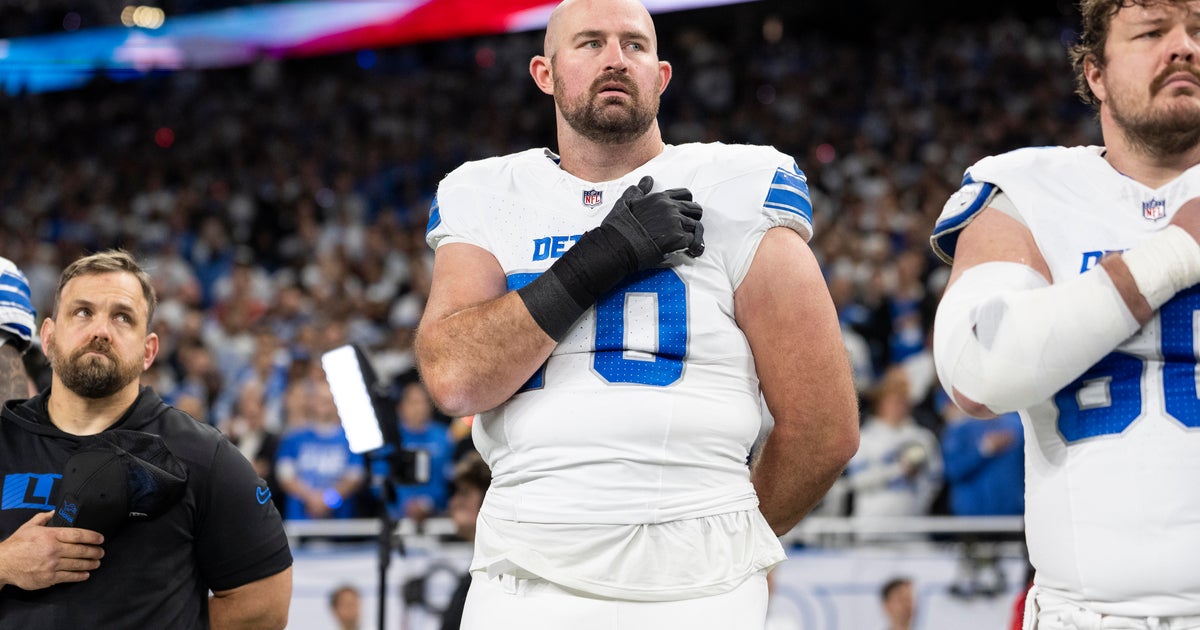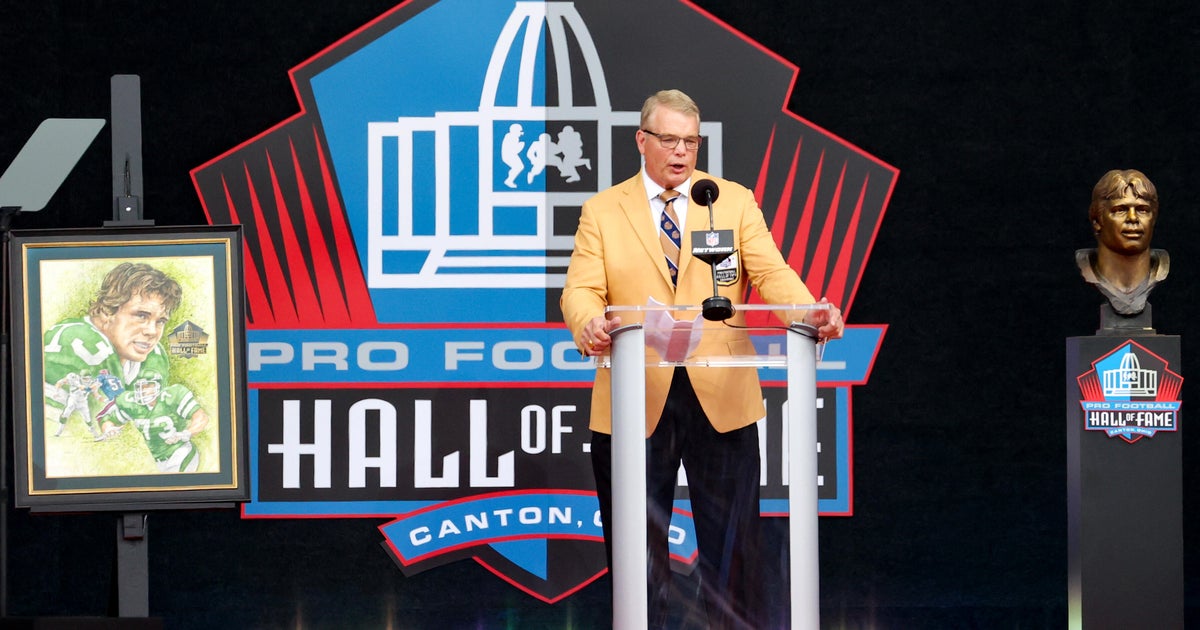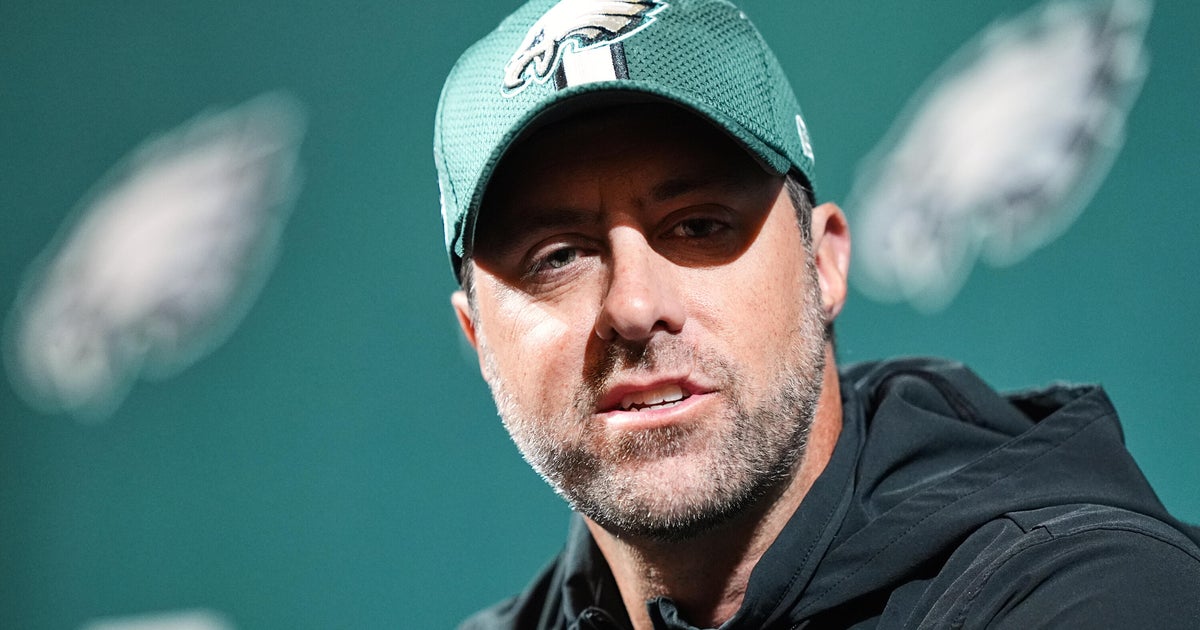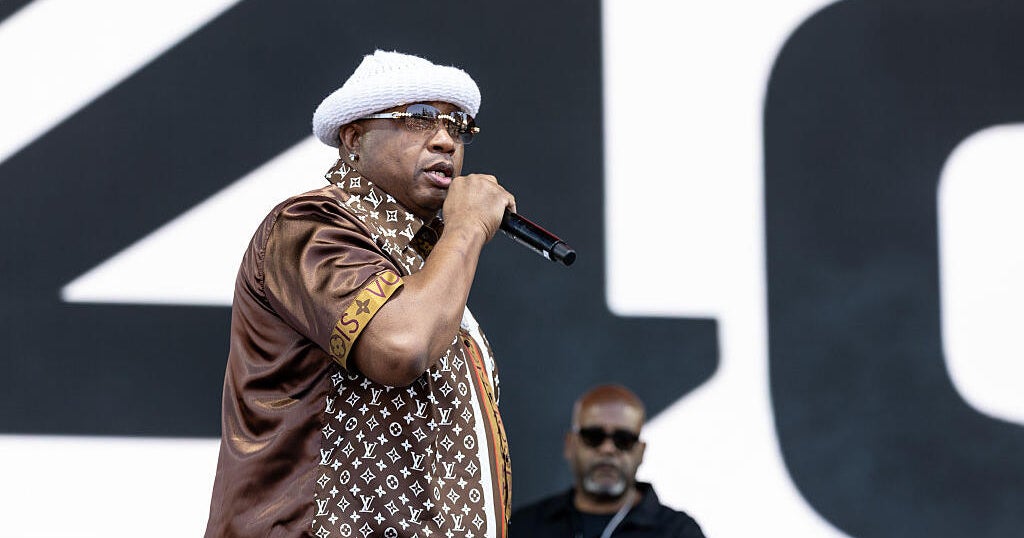College Football's Criminal Problem
MIAMI (CBS4) - For most fans of college football, especially fans of the big three schools in Florida, seeing a handful of players getting arrested each year for crimes ranging from public intoxication to sex offenses and assault is the norm.
Now, a six-month investigation between CBS News and Sports Illustrated has found that approximately 7 percent of college football players for teams in the Top 25 have a criminal record. Of course, that also means that 93 percent of the players are keeping their nose clean and performing both on and off the field.
The investigation looked at the backgrounds of 2,837 players and found that of the 7 percent that had criminal records, 40 percent of the alleged incidents were considered serious offense. In addition, only 2 of the top 25 schools surveyed conducted any background checks of potential recruits and none checked juvenile records.
In the group of players charged, 56 violent crimes were reported. These crimes included assault and battery (25 cases), domestic violence (6), sex offenses (3), aggravated assault (4), and robbery (4). There were 41 charges for property crimes like burglary and theft, and 105 cases for drug and alcohol offenses.
Of the cases that made it into the court system, only 60 percent of the players paid a form of penalty. If the report had looked at only scholarship players, the criminal record rate would have jumped to 8.1 percent.
Florida State is one of the school's that did not perform criminal background checks on recruits.
"We have people in the community who know people," FSU head coach Jimbo Fisher said. "Everybody knows law enforcement people. We know people who are around guys."
FSU and the University of Miami have been bitten before by players with criminal records. The most infamous case was that of linebacker Willie Williams.
"It's 9:25a.m. and I'm committed," declared Williams six and a half years ago.
Many South Florida sports fans remember the day Willie Williams, the most highly touted high school football player in the country announced he would follow up a stellar career at Miami's Carol City High... to play for the University of Miami.
"Having grown up in Miami, I'm excited to be playing for the hometown team."
The same day he announced he'd play for the U, reports surfaced that he'd been arrested 11 different times while in high school.
Once the arrest record was out, Williams still was allowed to sign with Miami. He couldn't crack the starting lineup as a freshman and he transferred out of the school.
Williams bounced around to community college, then transferred to Louisville where he played 3 games before getting kicked out for marijuana possession. He finished his career at Union College in Barbourville, Kentucky.
Williams is just one of many examples of players who ended up on the wrong side of the law too many times, embarrassing themselves and the schools they represented.
"I don't think there's any way that you can argue with these statistics," said Richard Lapchick, founder of the Center for Sport in Society and president and CEO of the National Consortium for Academics and Sports at the University of Central Florida.
Lapchick continued, "I think that this study is going to make everybody take a second look at their recruiting policies both at individual institutional levels, as well as at the NCAA level.
The CBS News Investigative unit shared some of its data with the CBS4 I-Team and that data shows that eight University of Miami players on the team this past fall had been charged with a total of 15 offenses.
The most serious of those charges included felony assault, armed robbery, felony burglary, felony battery and resisting arrest.
CBS News' investigation also looked into the background of 318 student athletes from the state of Florida and discovered, that according to the Florida Department of Law Enforcement, 31 players had criminal records... 22 of them had juvenile records... including both felonies and misdemeanors.
Not a single school, not even in-state universities UF, FSU or U M, ever bothered to do a juvenile background check.
"I'm not too surprised at all," says Danny Kanell who played quarterback at FSU in the 1990's and later in the NFL. Kanell now serves as a play-by-play analyst on college football games for ESPN.
"When you talk about 7% of football players having prior records, I don't think that's much different than the regular student body that's going into a freshman year at college."
No school checked FDLE records even though CBS News and Sports Illustrated did.
It turns out Florida is one of the few states that allows for a check of juvenile records through FDLE for 24 dollars a person...
The lack of effort to check out a recruit's background was best stated by Ohio State University head coach Jim Tressel.
"We don't really go into anything outside of the school system," Tressel told CBS & SI. "Hopefully, through the school system, we can find out just what we need."
The report has caught the eye of the NCAA, which has been notoriously slow to deal with crime amongst its athletes. The NCAA has typically left it up to schools to dole out the punishment. But that may change in the coming years.
"Whether it's among student-athletes or the student body more generally, violent crime is something that we all need to address – very seriously," NCAA president Mark Emmert said. "And if it involves student-athletes, then that's something that I as NCAA president want to work hard on."
The ball is in the NCAA's court now, but it's still to be decided if the college governing association will pressure presidents to clamp down on recruiting felons; or if the allure of millions of dollars in revenue can cancel out almost any crimes of players who can help a team to a championship.
